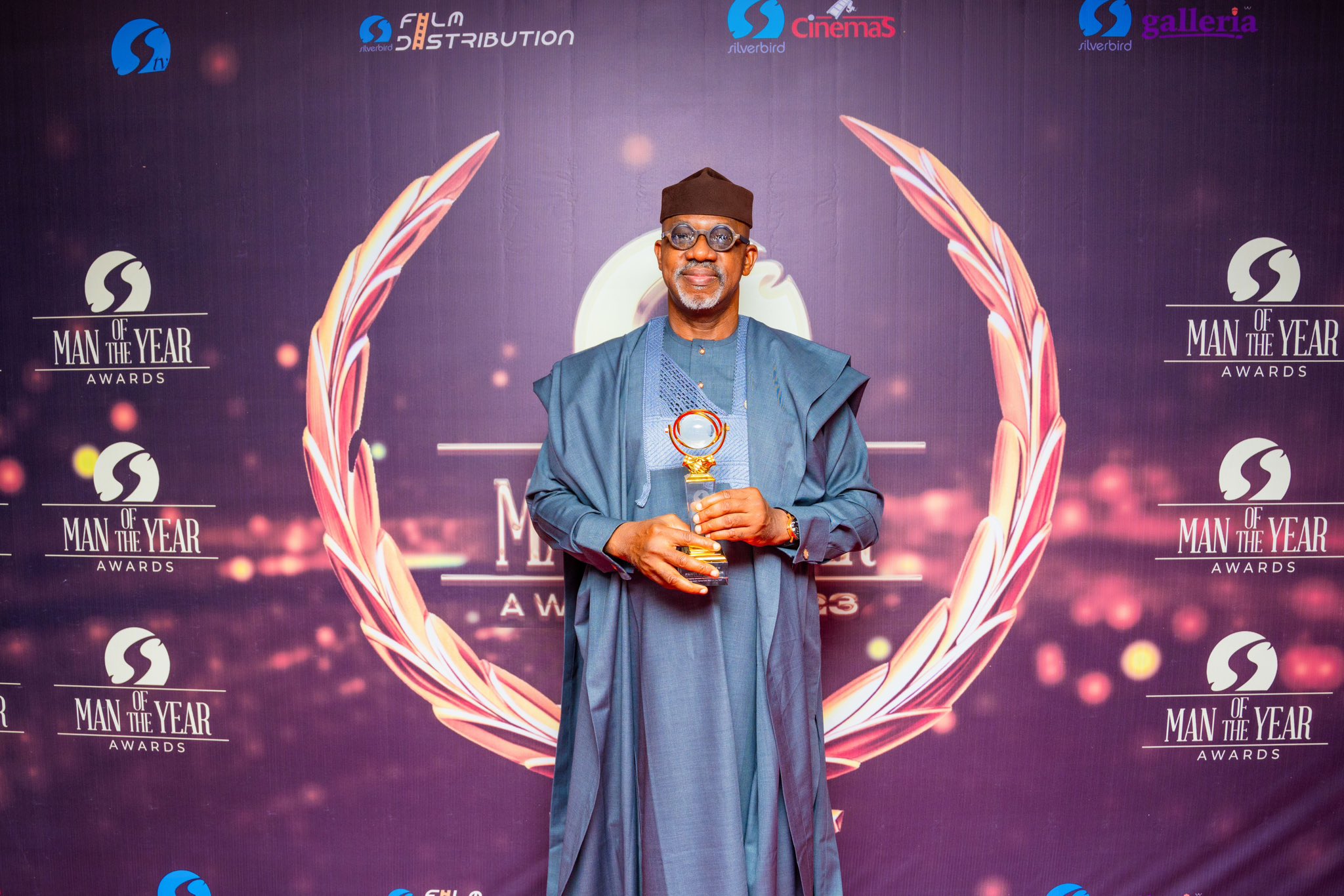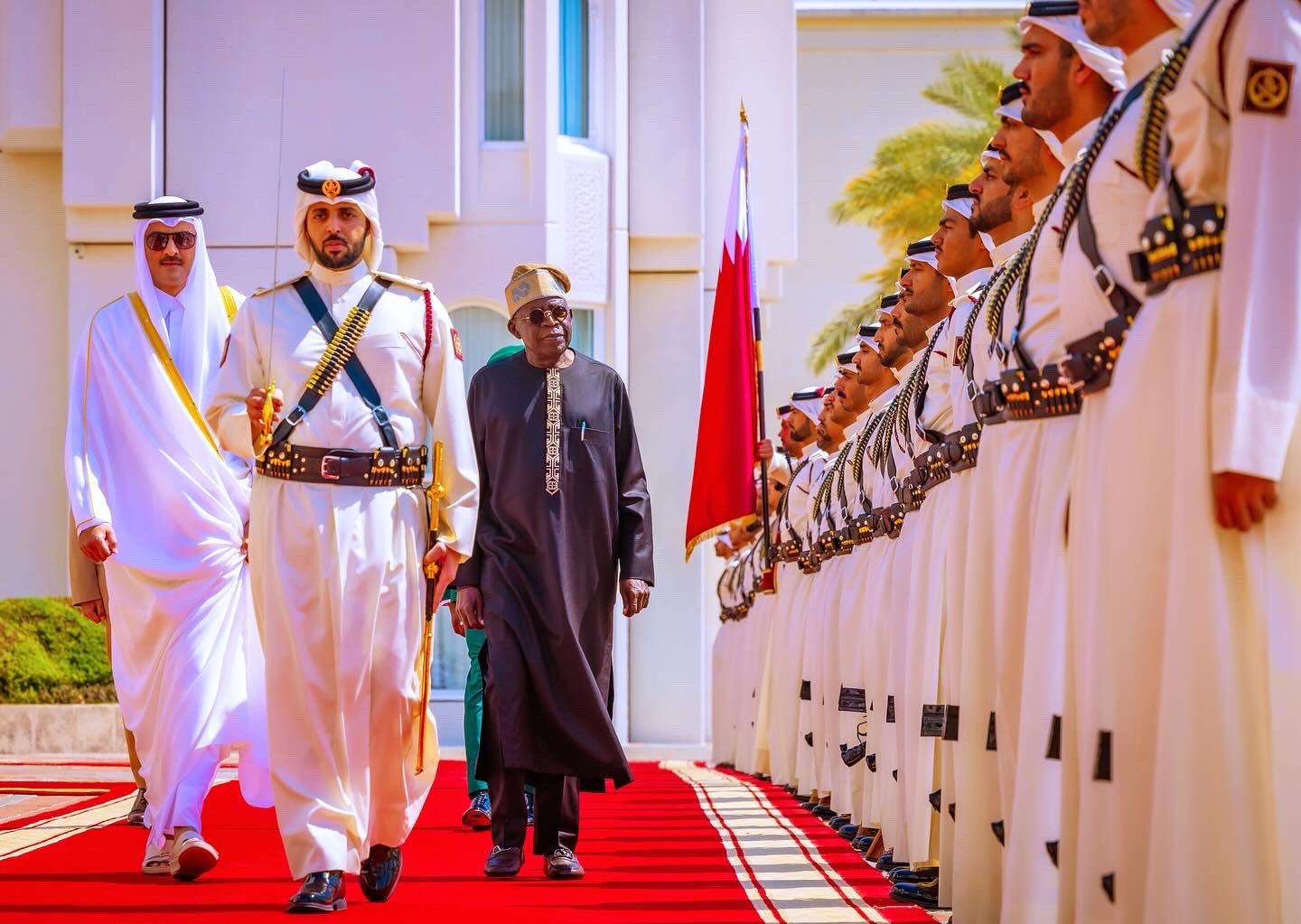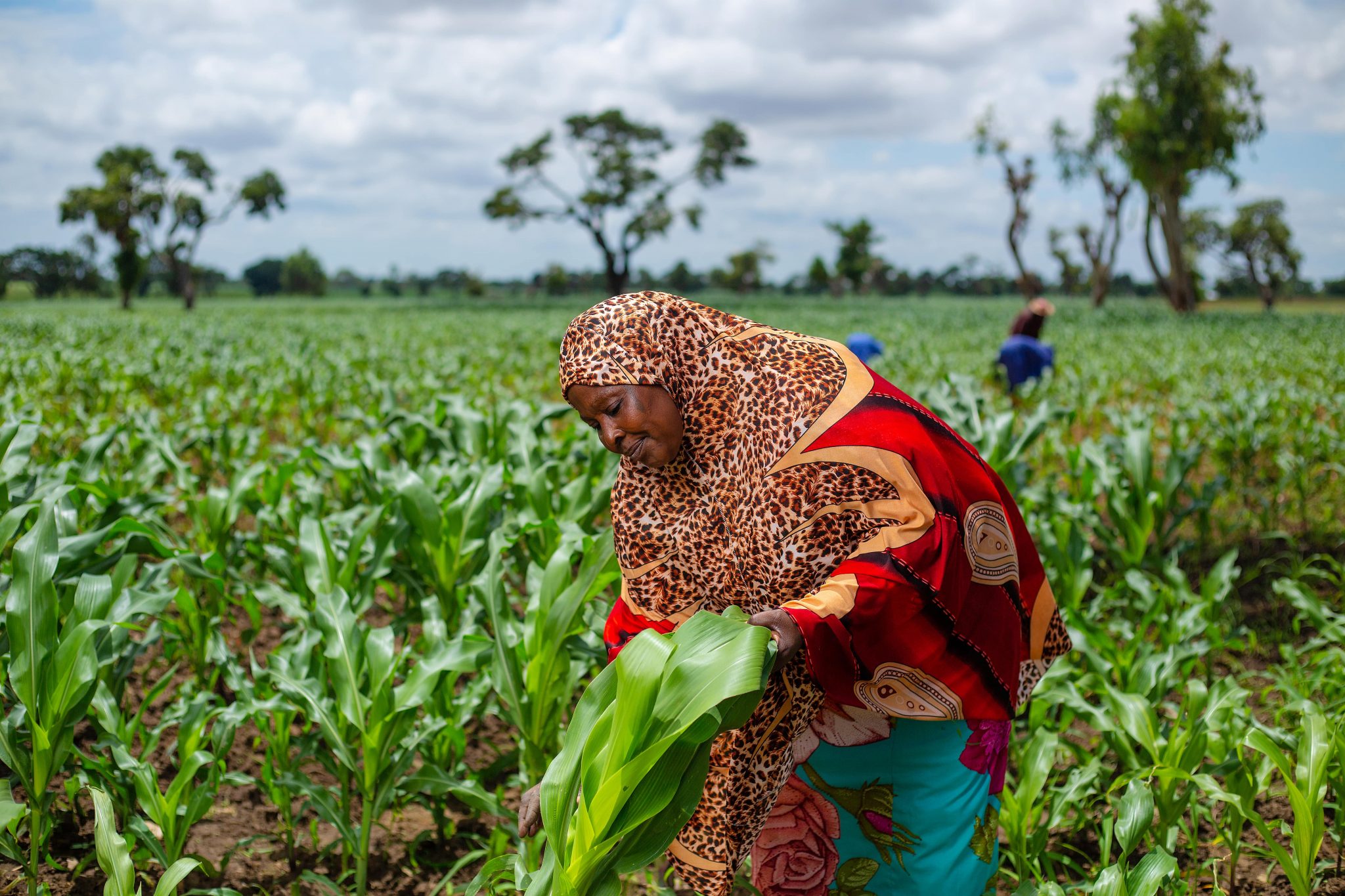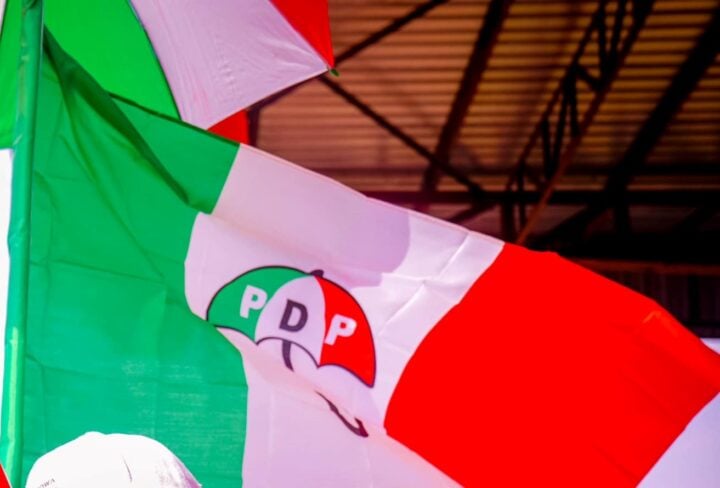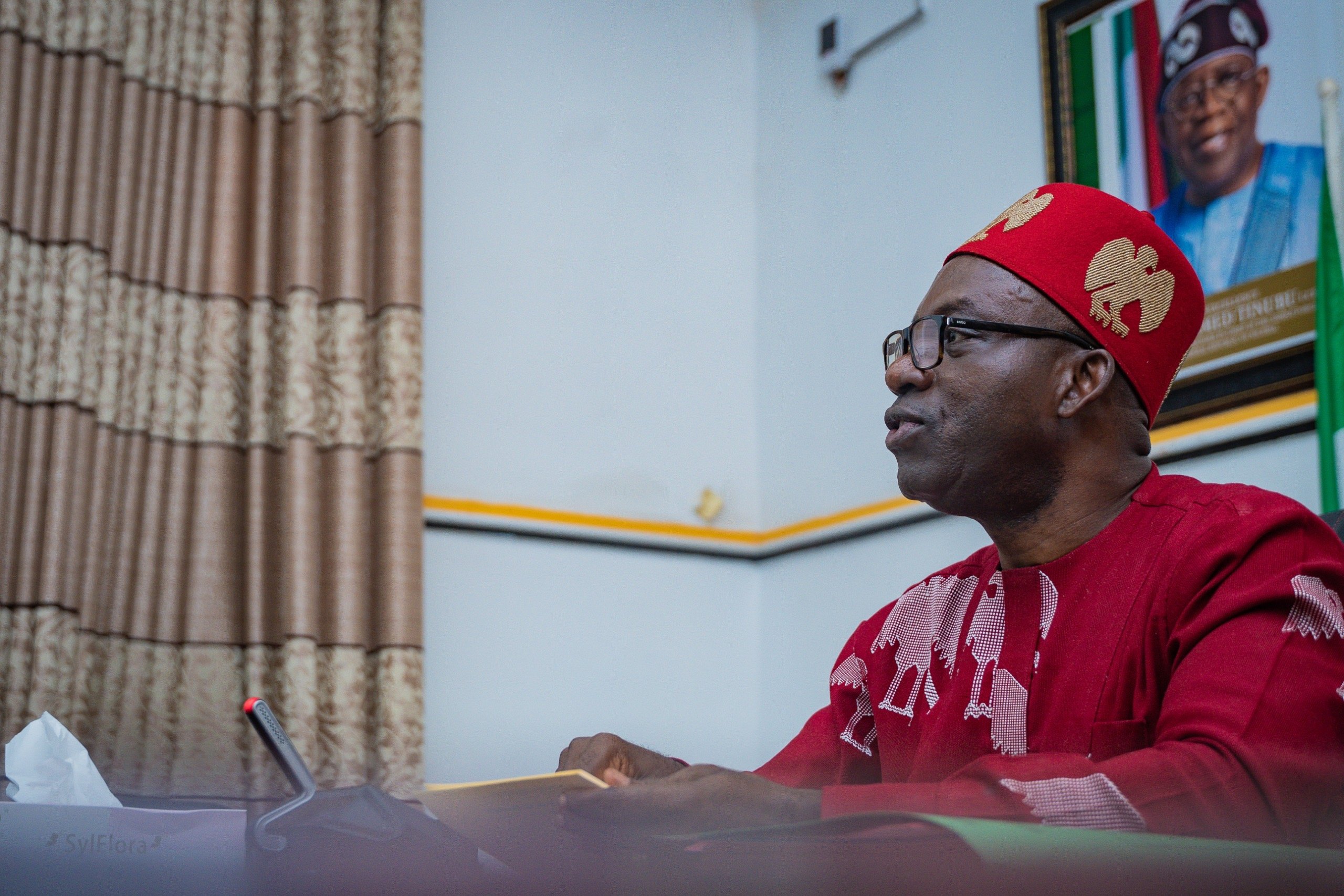BY KEN ADOLOR
There is a silent revolution going on in Nigeria. It is neither a subterranean protest call nor is it an insurrection. It is rather a march towards changing the status quo in Nigeria’s sugar industry.
The revolution is led by Dangote Sugar Refinery (DSR) through its backward integration programme (BIP) aimed at ensuring that Africa’s most populous nation has a virile and thriving sugarcane-to-sugar value chain.
The revolution began immediately after 2012 when former President Goodluck Jonathan initiated the Nigerian Sugar Master Plan (NSMP), which was aimed at raising local sugar production to attain self-sufficiency and reduce the importation of raw and refined sugar.
Advertisement
The initiative was fully implemented by serious stakeholders, one of which was DSR, led by Africa’s richest man, Alhaji Aliko Dangote.
Twelve years after the master plan, Dangote Sugar has surpassed expectations, acquiring over 120,000 hectares (ha) of land for its sugar BIP projects in Adamawa, Nasarawa and Taraba states. Quite a big part of the hectares have so far been cleared and planted. Some are in their secondary stages.
By developing these plantations, DSR is working hard to ensure that Nigeria ends the importation of raw sugar – which is an essential input – in a matter of years.
Advertisement
Without a doubt, the importation of raw sugar costs Nigeria millions of dollars annually. In 2020 alone, raw sugar importation cost Nigeria $433 million, according to the National Sugar Development Council (NSDC). This is even lower than the $516 million spent by Nigeria in 2016 while importing raw sugar.
With the current foreign exchange crunch occasioned by Nigeria’s low productive and export capacities, analysts say the projects can help to reduce raw sugar imports and subsequently cut Nigeria’s exposure to forex.
Research shows that DSR owns 32,000 ha in Numan, Adamawa State, as well as 68,000 ha in Tunga, Nasarawa State for its BIP projects. In Lau/Tau, the company acquired 25,000 ha for its BIP projects in Taraba State. For a country with an acute unemployment crisis, these investments have proven to be pivotal, engaging rural farmers and giving them hope amid the economic crisis.
Dangote Sugar currently has over 12,000 direct and indirect employees and has developed a robust out-grower scheme of over 1,000 farmers in addition to other empowerment schemes for persons in the immediate communities.
Advertisement
Investments are currently drying up in the Nigerian economy. In the manufacturing sector, for instance, investments in the first half of 2023 stood at N193 billion, according to the Manufacturers Association of Nigeria (MAN). This represents a 60% drop from N483 billion investments made by manufacturers in the first half of 2014. Amid tanking investment inflows and economic uncertainties, DSR has demonstrated zeal and confidence in the Nigerian economy, particularly the sugar value chain.
So far, the company has committed over $700 million in land acquisition, machinery, infrastructure, manpower, community relations, corporate social responsibility (CSR) and other impact activities.
The company told members of the Nasarawa state house of assembly recently that the $700 million investments in sugar would revolutionise the economy and lift many out of poverty.
Apart from the National Sugar Master Plan initiated in 2012, DSR has its master plan geared towards ensuring that Nigeria achieves its broad national sugar objectives.
Advertisement
Entitled Dangote Sugar for Nigeria Master Plan, the vision is targeted at ensuring that the company produces 1.5 million metric tonnes per annum (MT/PA) of refined sugar from locally grown sugarcane. Experts believe that this is achievable given the speed with which work is done at the Numan and Tunga plants.
In Numan, Adamawa State, DSR’s existing factory has been upgraded and its capacity increased from 3,000 tonnes cane crushing per day(TCD) to 6000TCD. A further upgrade to 9,800TCD is ongoing and is expected to be ready soon.
Advertisement
DSR Numan is currently engaged in the planting and growing of sugar cane for the production and sale of refined sugar and molasses. The facility produces refined sugar from 8,850 hectares of sugar cane cultivated on its sugar cane fields.
The plant is expected to generate 32 megawatts of electricity after the upgrading process and is expected to launch the factory into a fully integrated sugar production within Nigeria.
Advertisement
DSR is currently the only refiner producing Vitamin A fortified white granulated edible sugar from its BIP site at Numan.
The company has upgraded its Numan six megawatts (MW) of power generation capacity to 32.5MW, with the potential to export an excess of 20MW to the national grid.
Advertisement
Optimisation of the process is ongoing for more efficient energy operation to reduce steam consumption maximally. In-house conversion of molasses into ethanol plant is under study and will be implemented to convert all molasses to ethanol, the company said.
Chinnaya Sylvain Judex, the chief executive officer of Dangote Sugar Refinery, Numan, said the company was targeting to produce 9,800 metric tonnes of sugar per day at the end of the current expansion.
“The Outgrower Scheme Programme is a very important project for us and is currently a win-win situation for both the company and the farmers,” he said.
The company has invested properly in its Outgrower Scheme Programme and other CSR projects. In the full-year 2023 financial statement, DSR spent N229 million on projects such as roads, scholarships, and financial support in Numan and Tunga. However, in the last few years, the company has surpassed the investment in CSR over N1 billion. This may look insignificant but it is a huge amount of money when considered side by side with other investments made by the company in communities yearly.
At the Tunga, Nasarawa plant, installation of the centre pivot irrigation system for the 665 ha A & B nursery has been completed.
Similarly, installation of the phase 1 of 6,000-ha of commercial development has started and is due to be completed soon. Bush clearing is completed for the first phase of the 6,000-ha commercial development in readiness for planting.
Other infrastructure development activities at the site are either completed or due to be completed. Staff housing Phase 1 is completed, and Phase 2 of the scheme is 80% completed. The communication tower, water and fuel tanks as well as boreholes have been completed. The water treatment plant is due to be completed soon.
According to the agricultural manager of the Nasarawa Sugar Company Limited, Simon Ibetson, the company has been making steady progress in producing both sufficient cane and refined sugar for the Nigerian economy.
“We will get up to phase 1, which will be another 2,000 hectares this year. We are looking at 3,000 hectares by 2025. We are looking at moving from 3,000 hectares to 6,000 hectares in 2026,” he explained.
He said that the company was looking at 120 tons yield per hectare and could go higher.
Taxes are essential for the growth and development of any nation. Dangote Group has continued to pay billions of naira in tax to drive the Nigerian economy and ensure it takes its proper place in the comity of nations.
DSR paid N55.38 billion in tax between 2020 and 2022. So far, the company has paid over N249 billion in taxes in the past five years.
“Upon completion of the BIP projects, the sugar company will be able to create about three hundred thousand direct and indirect jobs, with positive multiplier effects on the national economy,” Aliko Dangote said in October 2023 during a media tour of the Numan plant.
Views expressed by contributors are strictly personal and not of TheCable.
Add a comment

